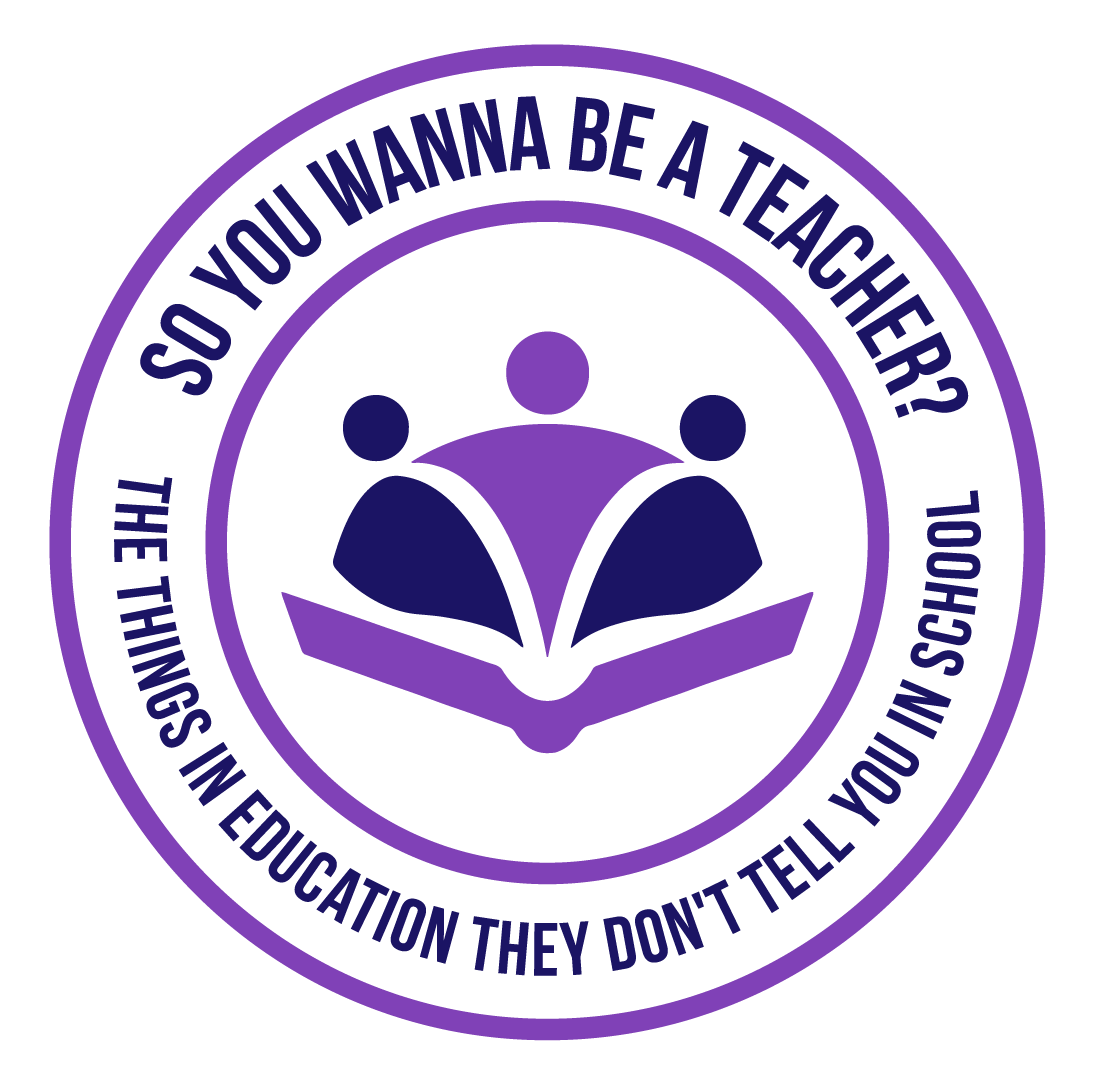
I heard on a TikTok the other day that differentiation is no longer possible because of the pandemic-induced learning loss.
The essence of the argument was that differentiation, as it is taught in teacher prep programs, means something quite specific – to teach a concept to learners who learn different ways, or who may be starting in a slightly different place of understanding. You explain something at a basic level, or create an activity or lesson that addresses things at a basic level, then add some layers on top of it for those needing extra challenge. Either way, you teach your content according to your preferred sequencing and pacing in order to reach as many students as possible. This is one of those things you hear in your methods courses that just makes sense. It’s pure Vygotsky and scaffolding.
But, what we’re currently being faced with is a need to differentiate beyond the boundary of a single concept within our curriculum. Instead of teaching something like long division at a basic level, and then adding in the tips and tricks for the students who really get it, or slowing it down for a few minutes for the student who is having trouble following all of the steps, we are needing to take this concept and teach it to students who never learned multiplication.
We are trying to teach pieces of music to students who never developed a sense of rhythm and time.
We are trying to teach rhetoric to students who are struggling to even comprehend and define words on a page.
We are trying to teach content that students simply are not ready for. And for many, this feels like “lowering expectations.” And for some of us, who may be used to a certain level of academic rigor, it feels like we’re letting the students down. Certainly, when I signed on to teach high school coming out of the pandemic, I did not think that I would be teaching teenagers things they should have learned in middle school or elementary school. And if you’re currently a primary or secondary teacher in the middle to upper age ranges of your school, you’re probably feeling that too.
You probably have typical 4th grade spelling tests that students cannot pass because their current level is 2nd grade spelling. You probably have students who have not yet mastered multiplication trying to learn long division, or worse! You probably have a percussionist who never learned to keep a beat, or a singer who never learned their intervals.
So how do we handle “differentiation” when what we’re actually dealing with is teaching 4 grade levels all at the same time? How do we plan lessons that teach content in a standard-referenced way, when 90% of the students should be referencing a completely different set of standards altogether?
I’ve tried a system in my own classroom that splits students up into “Levels” where they earn “XP” that they need to level up, like a video game, by completing learning activities. The activities I designed are standards-referenced, and arranged in a choice board. I provide a suggested sequence, but really students are free to pursue assignments in any order they choose. I thought this would be a great differentiation tool! Students work at their own pace, have as many attempts as they need, and I can help them one-on-one to achieve their goals!
I did not account for students who do not pay attention in class, do not engage with me, and really just go through the motions. I also did not account for the fact that ALL of the students need one-on-one attention in order to achieve at the expected level of mastery for the standards my district is using.
It’s no wonder that some parents are questioning the decision to close schools at all during the pandemic. And it seems that if (knock on wood) we ever needed to go through something like this again, there should be new solutions adopted. As for now though, we teachers need to take a step back and examine what we’re doing. Whether you’re 30 years in or just starting, we need to adapt to the students in a way that will allow them to re-adapt to us, and be prepared for this learning loss to be prevalent in our classrooms for several years to come. The older the student is that we teach, the longer it will take before we reach what we had before. I teach high school, so I may not see it for another decade, when students who began kindergarten this year finally reach my classroom.
So here’s the lesson:
Don’t differentiate much yet. It’s nearly impossible and is causing you or will cause you stress.
Instead, just start over and be okay with starting over. You and the students both need to get back to basics and keep it simple.
If you think that you’re going to enter a 3rd grade classroom, and students will have mastered addition, subtraction, and fractions in 2nd grade, then maybe start by assessing their knowledge on those things.
If you think you’re going to teach 7th grade US History, and students will have a basic understand of the standard American History myth, maybe it’s worth just starting over and getting it right this time. After all, history is one of those subjects that continues to change every day to some extent.
If you think you’re going to teach high school music, make sure to teach the students how to count and read music first. Yes, I know they should have learned that in elementary or middle school music, but I promise that if you make that fun for them, they will be engaged and they will learn.
And instead of measuring success by way of mastery of the standard, I think the most important skill students need to master is self-confidence, and they do that by starting with the things they CAN do and inching closer to the things they CAN’T YET do, one small step at a time.
